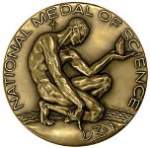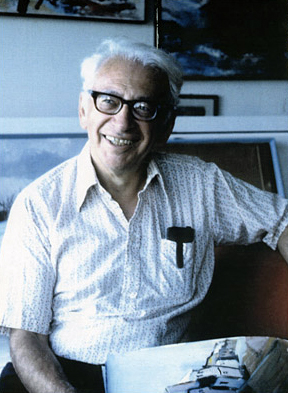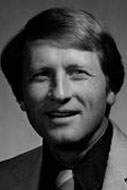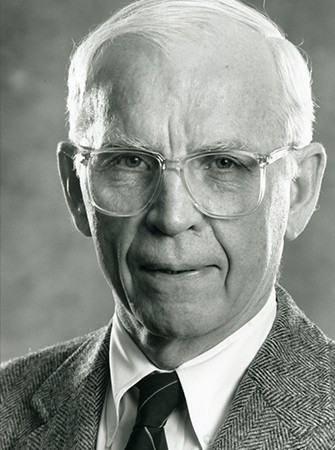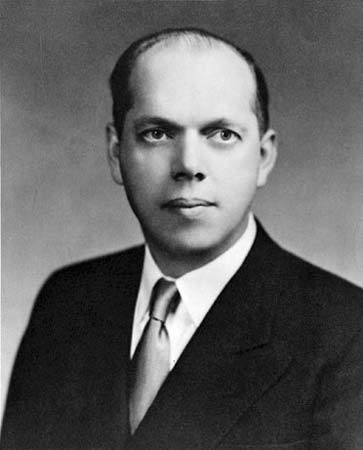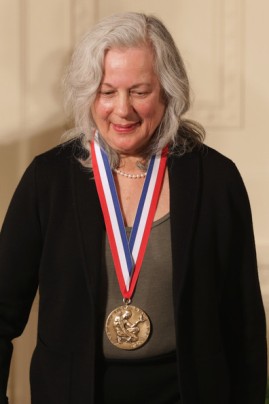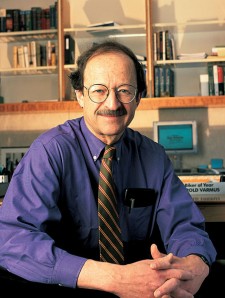Julian Seymour Schwinger National Medal of Science Awarded In 1964
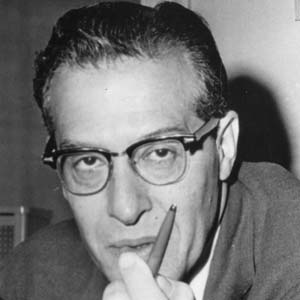
Julian Seymour Schwinger
Award Name : National Medal of Science
Year of Award : 1964
Award for : Physics
Location : New York City, New York, United States
Julian Seymour Schwinger was a Nobel Prize winning American theoretical physicist. He is best known for his work on the theory of quantum electrodynamics (QED), in particular for developing a relativistically invariant perturbation theory, and for renormalizing QED to one loop order. Schwinger was a professor in the physics department at UCLA. Julian Schwinger was born on 12th February 1918 in New York City. Schwinger is recognized as one of the greatest physicists of the twentieth century, responsible for much of modern quantum field theory, including a variational approach, and the equations of motion for quantum fields. He developed the first electroweak model, and the first example of confinement in 1+1 dimensions. He is responsible for the theory of multiple neutrinos, Schwinger terms, and the theory of the spin 3/2 field. He attended Townsend Harris High School and then the City College of New York as an undergraduate before transferring to Columbia University, where he received his B.A. in 1936 and his Ph.D. in 1939 at the age of 21. He worked at the University of California, Berkeley and was later appointed to a position at Purdue University. Awards and other honors include the first Einstein Prize (1951), the U.S. National Medal of Science (1964), honorary D.Sc. degrees from Purdue University (1961) and Harvard University (1962), and the Nature of Light Award of the U.S. National Academy of Sciences (1949). Prof. Schwinger is a member of the latter body, and a sponsor of the Bulletin of the Atomic Scientists.
